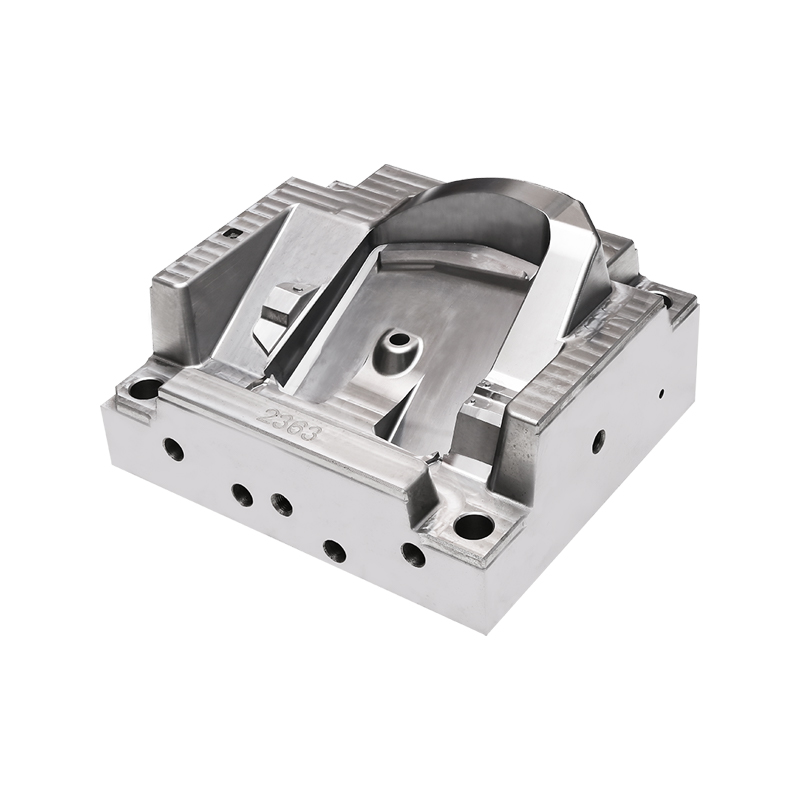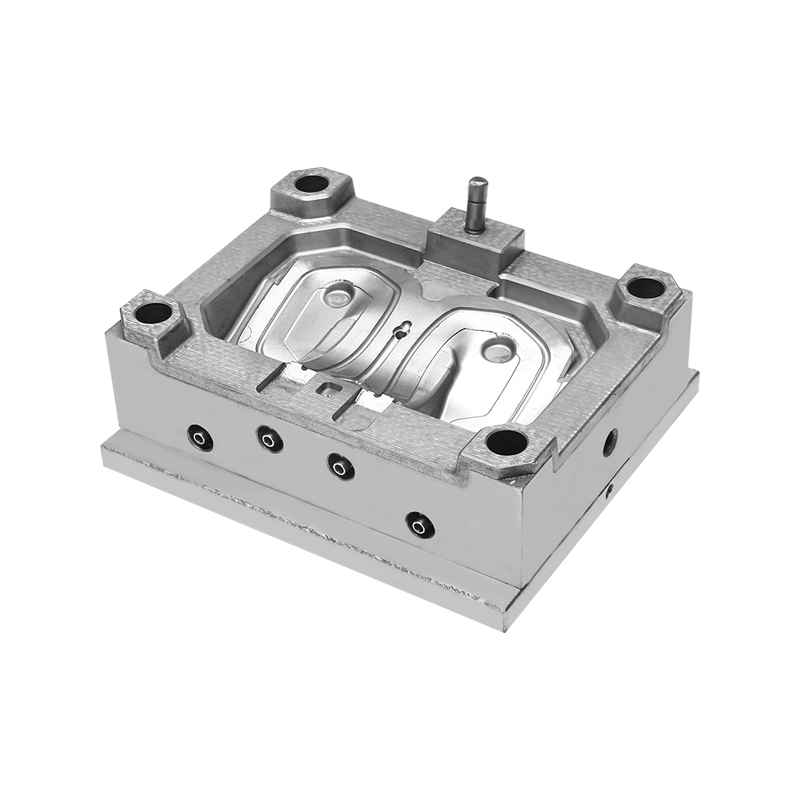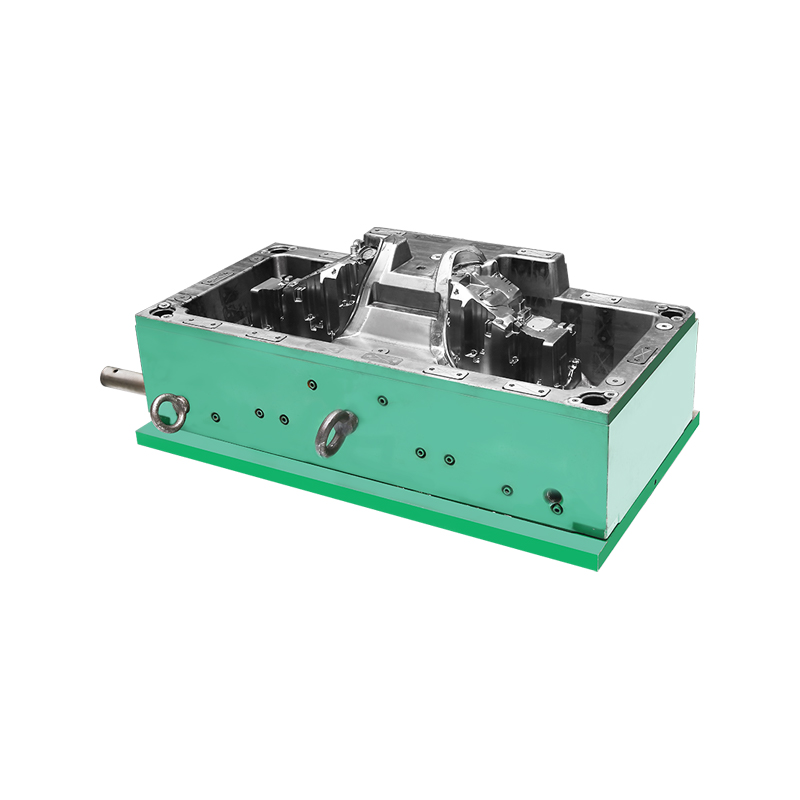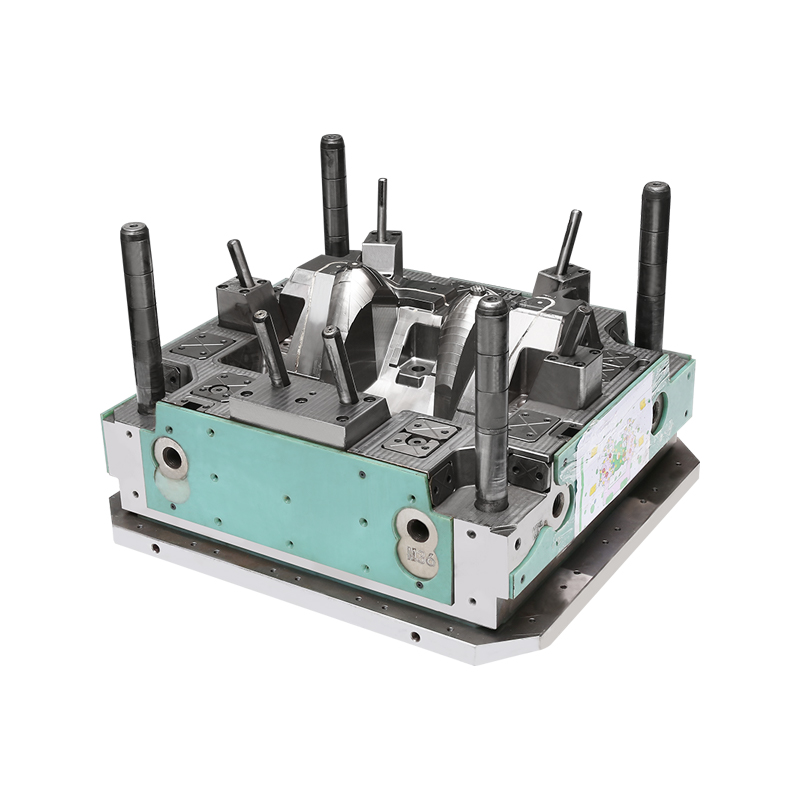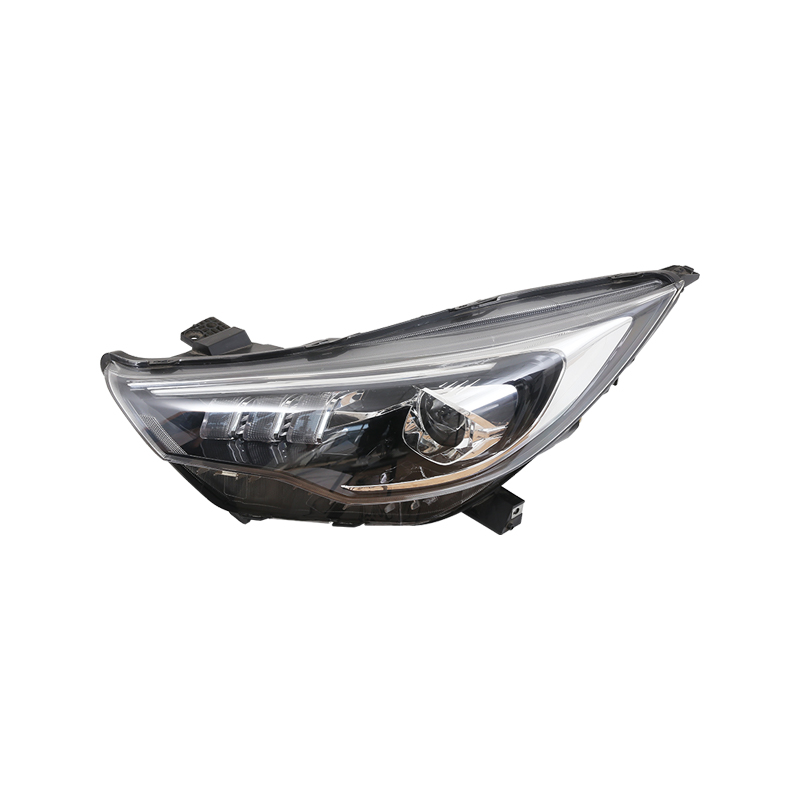In today’s automotive industry, the demand for advanced lighting solutions has led to an increased focus on custom LED car headlights. These headlights not only enhance vehicle aesthetics but also significantly improve safety by providing better illumination. At the core of this innovation lies the process of plastic injection moulding, which is essential for producing high-quality, precise components.
Custom LED Car Headlight Plastic Injection Moulding
Custom LED car headlight plastic injection moulding involves creating specialized molds designed to produce headlight components that meet specific vehicle requirements. This process is favored for its efficiency, accuracy, and ability to create complex shapes that traditional manufacturing methods may struggle with.
One of the primary benefits of using custom moulding for LED headlights is the ability to tailor the design to individual vehicle models. Each car has unique styling and functional needs, and custom moulds allow manufacturers to produce headlight assemblies that align with these specifications. This customization not only enhances the aesthetic appeal of the vehicle but also ensures that the headlights fit seamlessly into the overall design.
Moreover, the injection moulding process enables manufacturers to incorporate advanced features into the headlight design. For example, the production of housings that can accommodate LED technology requires precise engineering. The custom moulding process ensures that these components are produced to exact specifications, allowing for performance and reliability.
The materials used in injection moulding are also a significant factor. Manufacturers often choose high-quality plastics that can withstand the elements, including UV light and temperature variations. These materials contribute to the longevity and durability of the headlights, ensuring they perform well over time.
The Value of Precision Injection Molding
Precision injection moulding is a manufacturing process that prioritizes accuracy and consistency. In industries like automotive manufacturing, where safety and performance are paramount, the value of precision cannot be overstated.
One of the primary advantages of precision injection moulding is the ability to produce high volumes of identical parts with minimal variance. This is crucial for components like car headlights, where any slight discrepancy can bring about functional issues or aesthetic mismatches. Precision moulding ensures that each part meets strict tolerances, providing a reliable solution for manufacturers.
Additionally, the precision offered by this process significantly reduces the likelihood of defects. Traditional manufacturing methods often involve more manual handling and are subject to human error. In contrast, precision injection moulding is largely automated, which reduce the risk of inconsistencies. As a result, manufacturers benefit from lower scrap rates and reduced production costs.
Furthermore, precision injection moulding allows for the integration of complex geometries and features into the design. Modern car headlights often include intricate shapes and designs that require advanced engineering solutions. Precision moulding enables manufacturers to create these components accurately, accommodating the latest technologies, such as adaptive lighting systems and integrated sensors.
The process also offers a faster turnaround time. Once the mould is created, the production cycle for each part is relatively quick. This efficiency is particularly beneficial in a competitive market, allowing manufacturers to respond rapidly to changes in demand or design specifications.
In addition to the practical advantages, precision injection moulding contributes to sustainability efforts. The process typically generates less waste than traditional manufacturing methods, and many of the materials used can be recycled. This aspect aligns with the growing emphasis on environmentally friendly practices within the automotive industry.

 English
English 中文简体
中文简体 русский
русский Español
Español
